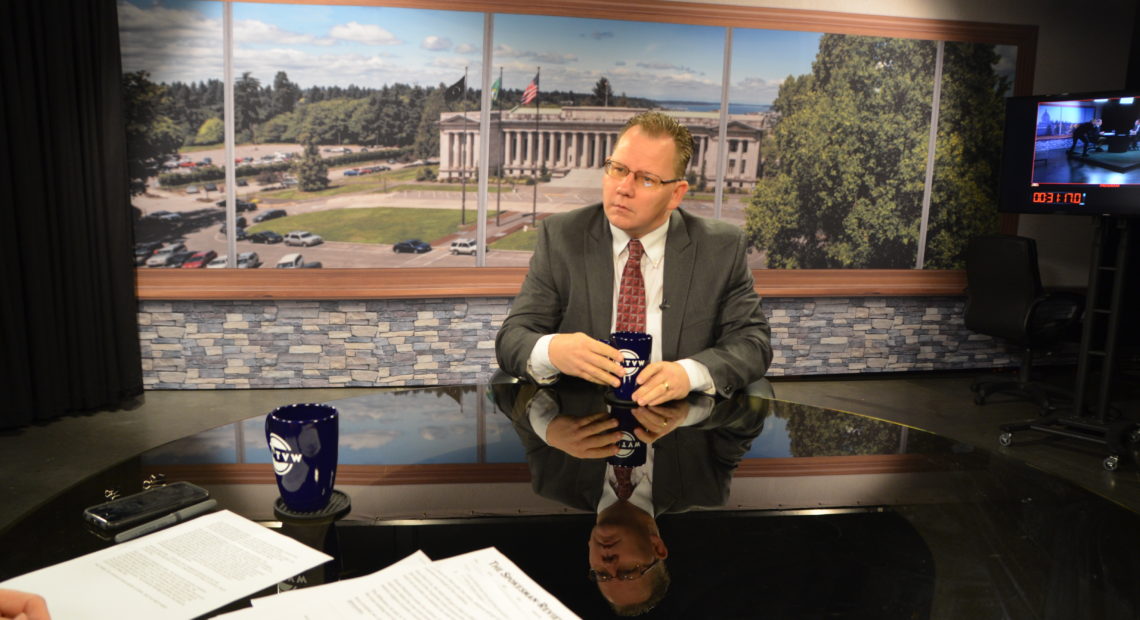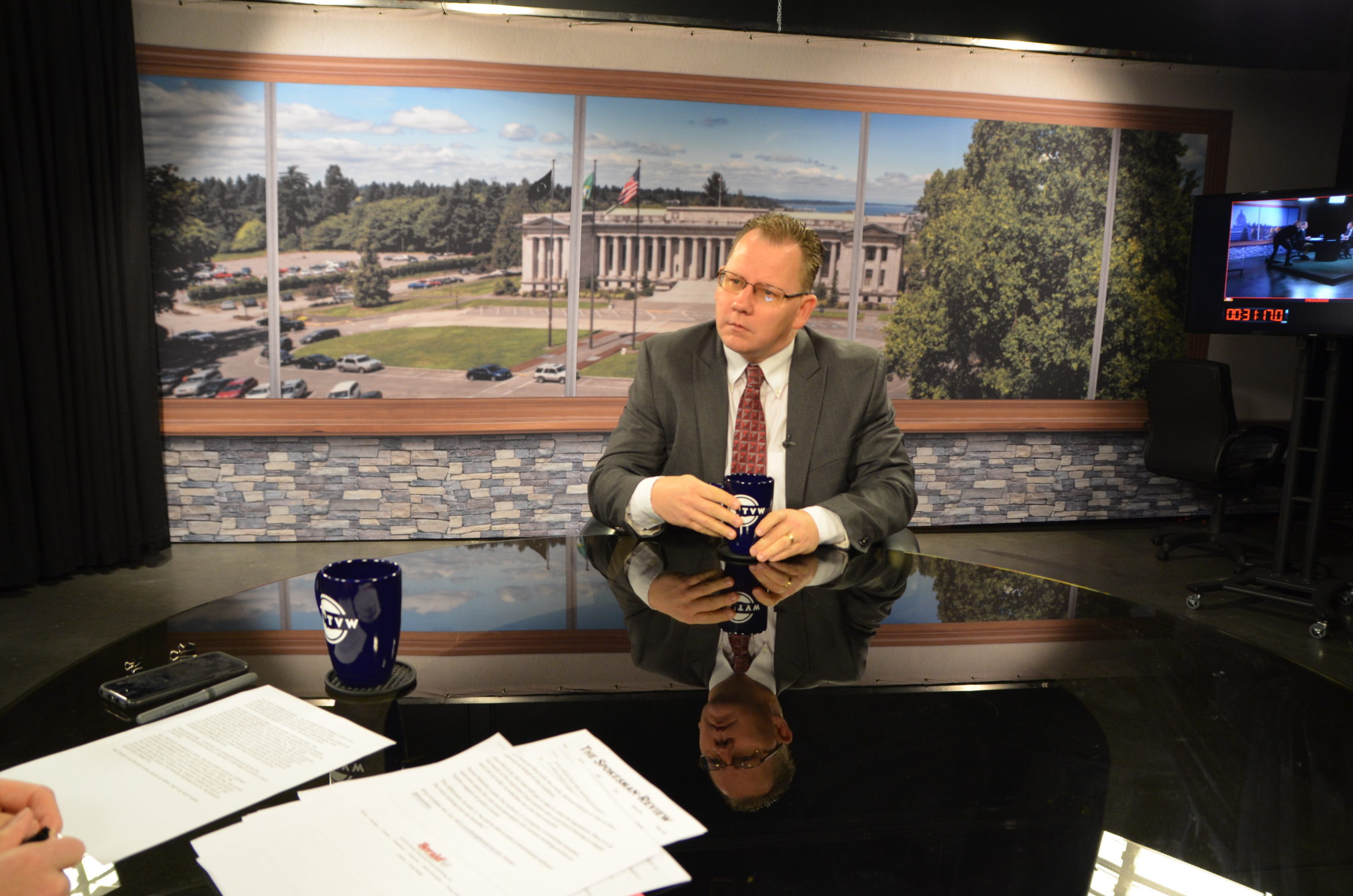
After Funding Fight, Washington Superintendent Sees Opportunity To Transform Schools
What should a 21st century public school system look like? Washington’s superintendent of public instruction says it’s time to have that conversation now that the state’s decade-long school funding legal fight is over.
State schools chief Chris Reykdal says the McCleary school funding case of the past decade shored up the public education system. But he feels the conversation shouldn’t stop there.
“If the foundation of the house is solid now, wouldn’t you want to remodel the 130-year-old education house,” Reykdal said. “Wouldn’t you want to rethink what we’re doing in light of how much the economy has changed and our global impact?”
Some examples: Reykdal wants to expand early learning opportunities, pilot longer school years and give students more opportunities to connect school to work.
Reykdal also wants to expand access to mental health professionals for at-risk kids, provide teachers more support in the classroom and ensure a continued emphasis on smaller class sizes, especially in the elementary grades.
The Office Of Superintendent of Public Instruction recently conducted a survey to find out what educators and the public think should be the education funding priorities in the coming years. The results are still being analyzed, but Reykdal said smaller class sizes are emerging a clear priority.
In the short-term, Reykdal sees the need for the Legislature to put more money into special education, resolve problems with the state’s new regional pay system and revisit newly-imposed caps on local school levies, which he thinks are too restrictive.
State Sen. Hans Zeiger, the ranking Republican on the Senate education committee, agreed that special education and career and technical education should be top funding priorities for the future.
“I think actually there’s a lot of bipartisan talk about priorities right now and so I’m interested in finding those areas where we can work together,” Zeiger said.
Zeiger also supports creating alternative routes to teacher certification to address teacher shortages, especially in the math and sciences. “We’ve got to make sure that we’re recruiting teachers into those fields,” Zeiger said.
The Washington Supreme Court recently ended its jurisdiction in the McCleary case after finding that the state is on track to fully fund its program of basic education by this fall.
Reykdal and Zeiger appeared on TVW’s “Inside Olympia” program.
Related Stories:

Head Start serves 15,000 kids in Washington. And its regional office just closed.
The regional Head Start office closed this week, making some advocates nervous about the program’s future. (Credit: Barnaby Wasson / Flickr Creative Commons) Listen (Runtime 1:00) Read The regional Head

Immigration enforcement concerns cause mixed attendance trends in North Central WA schools
Eastmont Junior High School students make their way past the 800 wing on the way to their second period in East Wenatchee. (Credit: Jacob Ford / Wenatchee World) Listen (Runtime

Richland Lego robotics team hopes state grants won’t be put on hold
Fourth grader Sergio Preciado shows off a Lego shipwreck he helped build and code with his FIRST Lego League team, called the Dino Nuggys. The program is mostly grant funded















